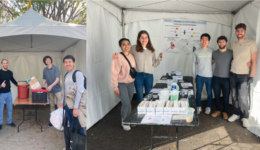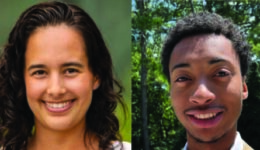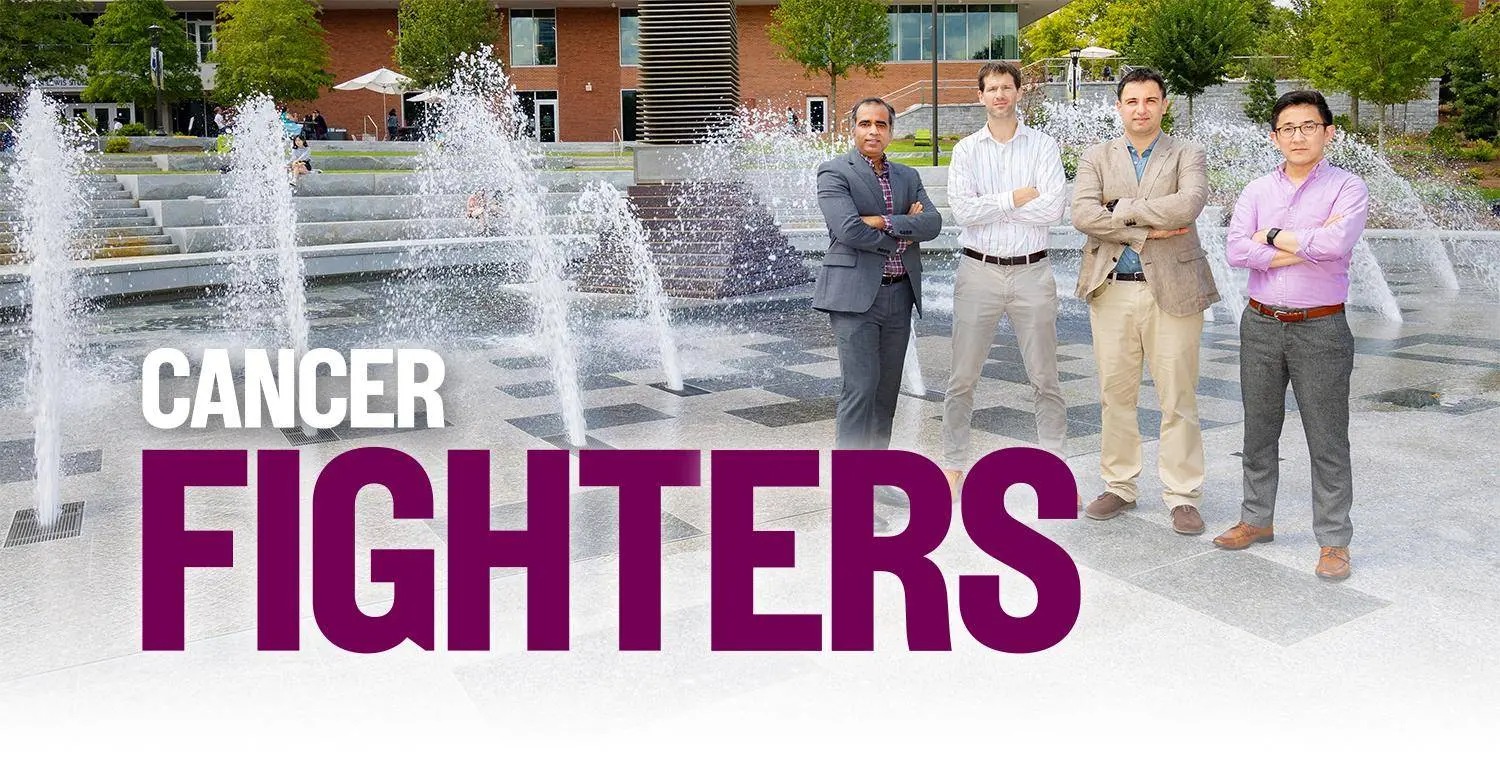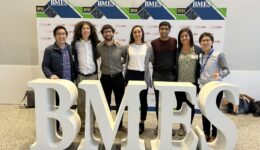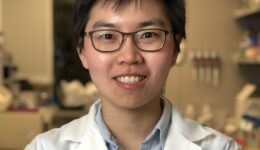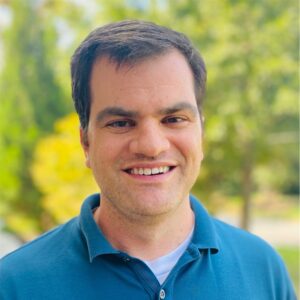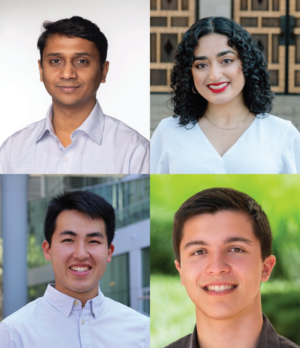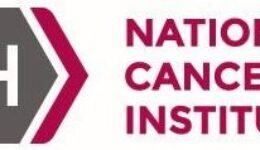ARPA-H (the Advanced Research Projects Agency for Health) is providing up to $49.5M of funding for Project CODA. ARPA-H was founded to advance the Biden Cancer Moonshot and “aims to accelerate better health outcomes for everyone by supporting the development of high-impact solutions to society’s most challenging health problems.” Project CODA seeks to map the Cancer and Organ Degradome Atlas (CODA), a catalog of cancer type-specific metabolic signatures, and use this information to build bioengineered sensors for multi-cancer early detection. Toward this effort, LSI will lead a multi-institutional team that includes labs directed by Dr. Peng Qiu (Georgia Tech), Dr. John Blazeck (Georgia Tech), Dr. Tal Danino (Columbia University), and Dr. Min Xue (UC Riverside).

Summary | CODA: Mapping the Cancer and Organ Degradome Atlas to Unlock Synthetic Biomarkers for Multi-Cancer Early Detection
For most tumor types, there are currently no effective diagnostic tests for detecting most cancers at the earliest stages, when tumors are still localized and most responsive to treatment. Ongoing efforts that focus on native tumor-shed biomarkers face significant challenges, as these markers are often found in vanishingly small quantities in blood or other fluids. The CODA (Cancer and Organ Degradome Atlas) platform uses cutting-edge synthetic biology and cell engineering technologies to catalog cellular profiles unique to diseased cancer cells and leverages them to build bioengineered sensors that can be deployed inside the body to hunt for malignant cells. These biosensors use unique metabolic changes in tumor cells to drive the release of synthetic biomarkers that can reach high enough levels in biofluids to enable earlier cancer detection. This technology has the potential to produce a highly precise, accurate, and cost-effective test for multi-cancer early detection (MCED) that can identify common cancers earlier, when treatment can be most effective, and streamline clinical intervention when tumors are still small.
Press Coverage | Georgia Tech College of Engineering | ARPA-H | Forbes
